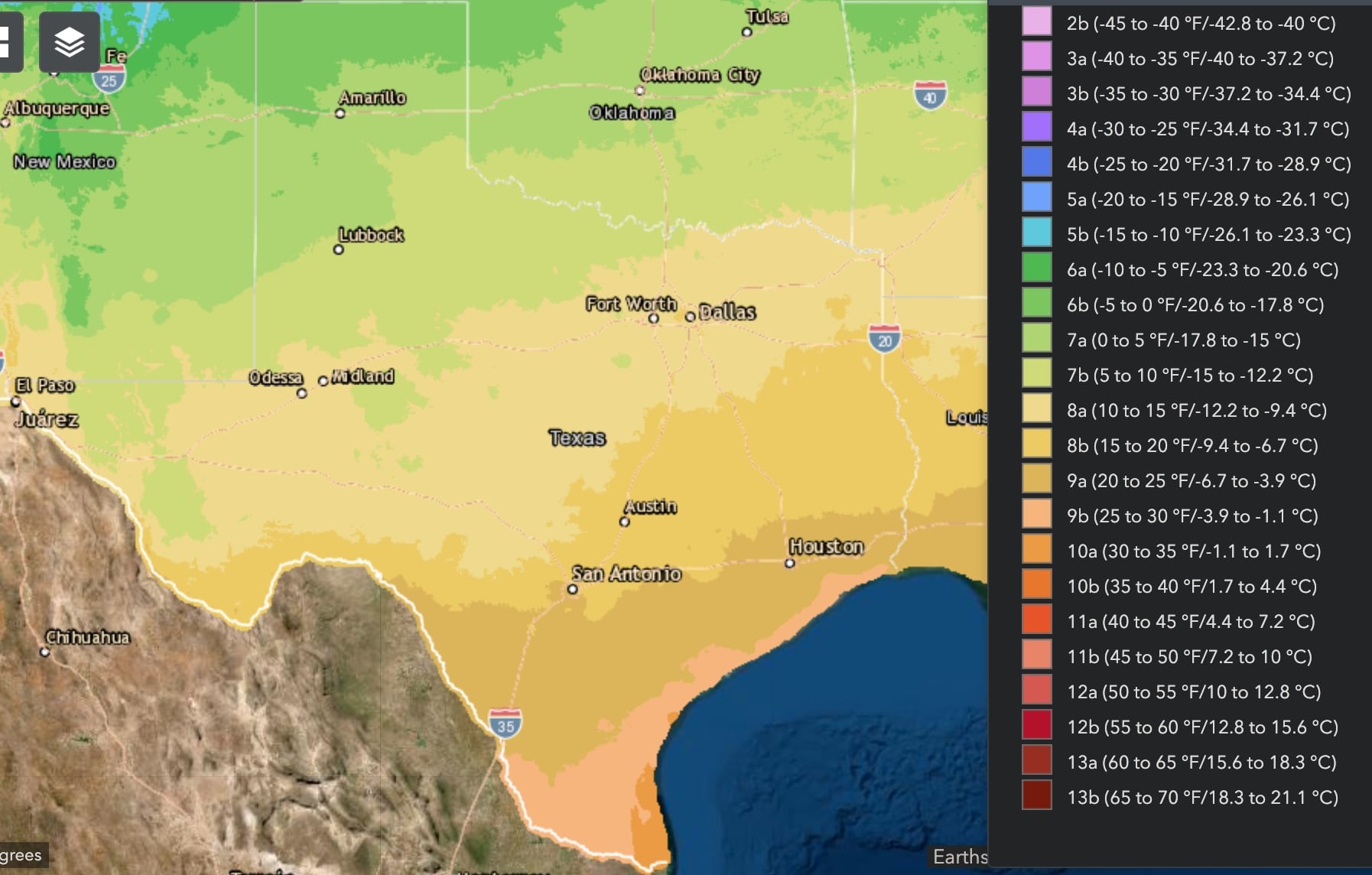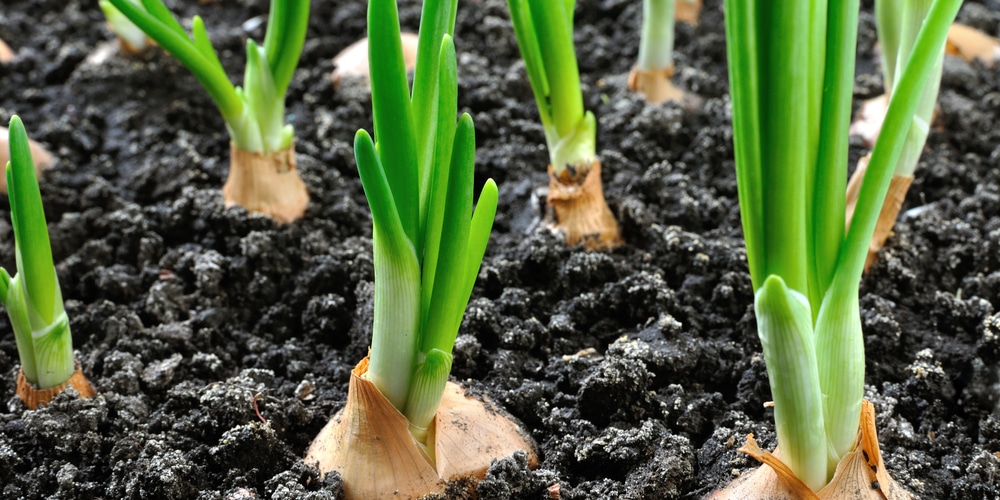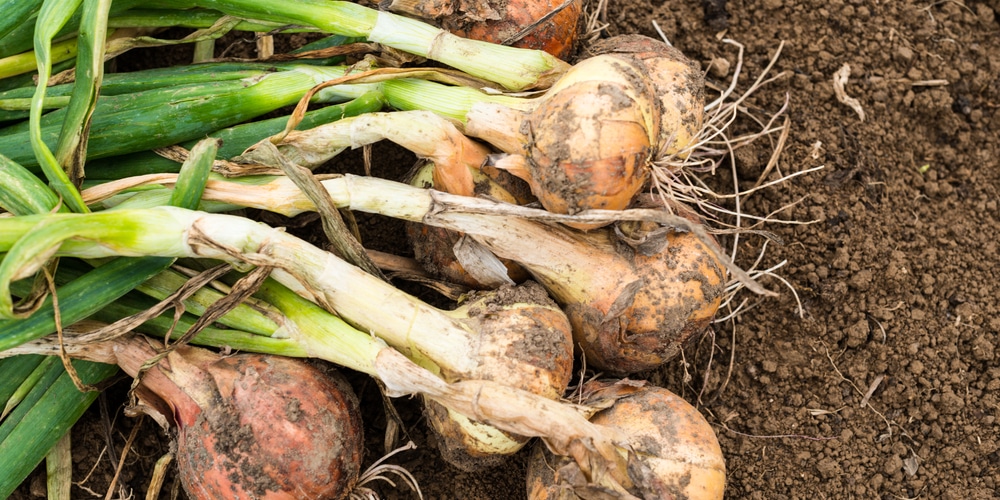Onions are versatile vegetables that make for great additions to any garden. If you are a beginner, planting onions is the best choice to get a hand at growing veggies in your yard. Indeed, these plants are relatively easy to grow and free from pests and diseases.
Plus, even if we often overlook them, onions are nutritional powerhouses that provide fiber, vitamins C and B, and biotin. Adding onions to your meal is the best way to increase the nutritional content of your dishes. Plus, the taste of home-grown onions is another thing compared to store-bought ones.
Onions should be part of every vegetable garden as they make for excellent companion plants. Like most alliums, onions release a powerful smell that keeps most pests away from your garden. Also, they require minimal maintenance, so if you don’t have much time to spend taking care of your plants but still like the idea of growing your vegetables at home, onions are your best bet.
Why Plant Onions?
Onions mature quickly and early in the summer. You can replace them with another crop to get a fall harvest, but you’ll have to do some planning. But when is the best time to plant onions in North Texas, and how can you make the most out of these versatile plants?
You can find answers to your questions in this essential guide. While sounding trivial, the time you plant your onions impacts the quality of your crops. You don’t want to plant them too early, as you might risk not getting your onions until the following year, nor too late (because that also might lead to problems in growing them).
When To Plant Onions in North Texas?
The best time to plant onions in North Texas is in late January. In general, you should plant onions about four to six weeks before the last frost in the spring. On average, that falls around January to mid-February in North Texas. However, you’ll still have to check with your local weather forecast to ensure you don’t plant your onions too early or too late.
You might not know about this, but you can determine the size of an onion bulb by looking at the number of leaves its plant has. The more leaves, the better. To maximize the size of your onions, you must plant them early enough to allow your plants to grow numerous leaves.
Don’t forget to space your onions to allow them to grow. Plan them at least four inches apart: in general, the more space you give them, the bigger they grow. Also, separating them will minimize the risk of your onions competing for nutrients with each other, which might result in flavorless fruits.
How To Care for your Onion Plants
For starters, ensure your onion plants receive plenty of sunlight. We are talking about at least 6 hours of direct sun exposure per day. Plus, onions thrive in loose and fertile soil. In North Texas, the ground tends to be compact and heavy, so you will have to amend it with organic matter to increase your chances of success. Add compost to improve drainage and water retention.
Also, we recommend you grow onions from plants rather than starting seeds. Pick short-day onions for your vegetable garden in North Texas for better results. The term refers to onions that start building when the days start getting longer. Varieties you can select include Super Sweed, Yellow Granex, and “Texas Legend.” Summers in North Texas never reach the hours of sunlight long-day onion plants need. To avoid planting onions that will never produce a bulb, you select short-day onions.
Onions are heavy feeders. You will have to supplement your soil with a high-quality nitrogen fertilizer to ensure they grow and develop healthy fruits. Also, provide your plants with consistent watering to give their short root system all they need to survive. Water as soon as you notice the soil is dry.
Best Time To Plant Onions in North Texas: The Bottom Line
As you can see, growing onions is not hard, but it has its rules. Plant them at the appropriate time to ensure rich harvests. Also, don’t forget to take care of your plants: water and feed them regularly. Follow our tips in this essential guideline to provide your onions with all they need.
Tomatoes do well in the northern half of the Lonestar State as well, here are the best varieties of tomatoes for N. Texas.
Related Article: Is Onion a Vegetable?


